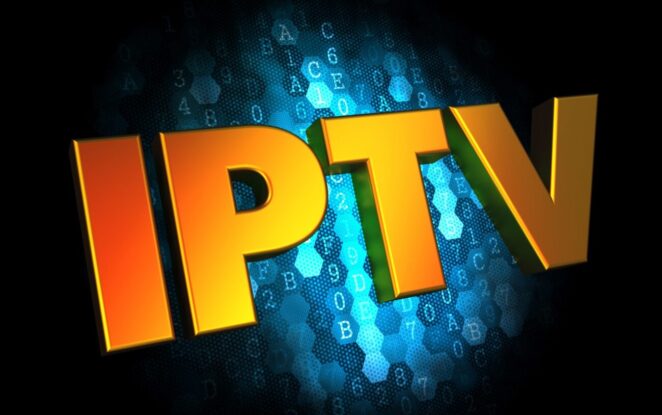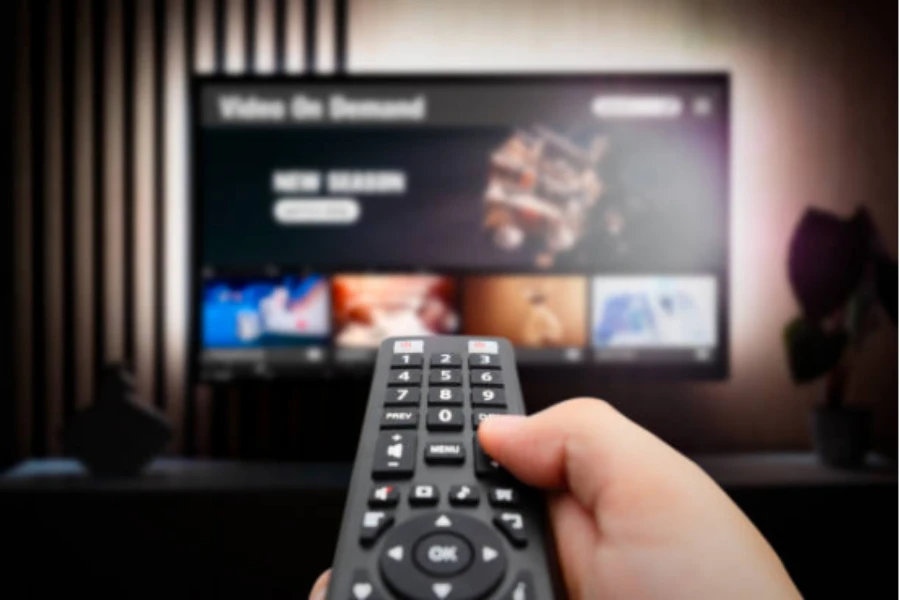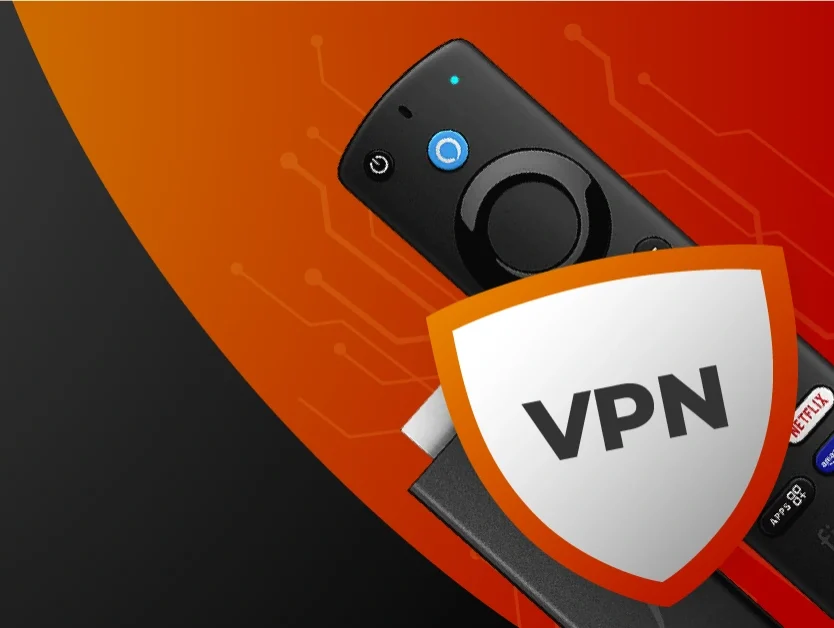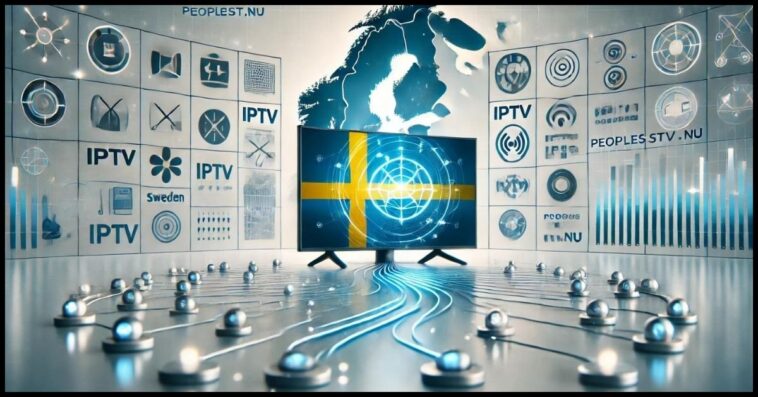Choosing between IPTV and traditional Swedish cable TV comes down to value. Each option offers its own advantages, and it can be tough to decide which one is best for your needs. However, I have found that IPTV offers a lot more flexibility and a wider variety of options, especially for those who enjoy having control over their viewing experience.
On the other hand, traditional cable TV has been around for a long time and offers consistency. So, which is truly better when it comes to value? Let’s explore the differences.
Key Points:
- IPTV gives access to a broader range of channels.
- Traditional cable TV offers a predictable experience.
- IPTV is typically cheaper with more customizable options.
- Cable TV often includes hidden costs or fees.
- Flexibility with IPTV is unmatched.
What Does IPTV Bring to the Table?

One of the biggest advantages of IPTV is the vast selection of channels and shows it provides. You aren’t tied to local programming or regional restrictions. For instance, if you’re using IPTV Sverige, you can access global content with ease.
Whether it’s live sports, foreign dramas, or movies, you have the freedom to choose from thousands of channels and programs. There’s something special about being able to watch anything you want, whenever you want, without the limitations that often come with traditional TV.
Not only that, IPTV is typically more affordable. When you subscribe, you pay for the content you want, rather than getting stuck with packages that include channels you don’t need. Plus, there’s often a free trial period to check out the service before making a commitment. The cost savings alone make IPTV an appealing alternative.
How Does Cable TV Compare?
Traditional cable TV is something many people in Sweden have relied on for years. It’s familiar and dependable, offering local channels and familiar services. One thing that cable TV offers is stability. You don’t need to worry about internet connections affecting the quality of your viewing experience. Everything runs on its own infrastructure, which has been around for decades.
However, there are downsides. Cable TV often comes with packages full of channels you don’t need or watch. You might find yourself paying for content you don’t care about. There are also hidden fees—equipment rental, installation charges, and sometimes extra fees for specific channels or services. The cost can add up quickly, and you may feel like you’re not getting your money’s worth.
Customization: A Key Difference

Customization is where IPTV shines. You can easily pick the content you want and access it on various devices, whether it’s your TV, smartphone, or tablet. With traditional cable TV, you’re often tied to one screen or a specific set-top box.
IPTV offers greater flexibility because it’s available on multiple devices at the same time. You can be watching your favorite movie on your phone while someone else watches a show on the TV. It’s all about convenience.
On the other hand, cable TV doesn’t offer much in terms of customization. You’re bound to whatever packages your provider offers. Changing channels or adding new ones often means dealing with customer service or upgrading your package, which can come with extra fees.
Streaming Quality and Content Variety
When it comes to picture quality, IPTV delivers. Plus there’s no limit to what you can watch. You have access to a massive catalog of movies, TV shows, and sports channels from around the world. The sheer number of channels and the ability to watch in high resolution are huge benefits.
Cable TV, while reliable, doesn’t always offer the same quality or range of options. Most people stick with the few channels they enjoy and ignore the rest. With cable, you might also face issues with signal quality or bandwidth limitations, especially if you live in a remote area.
Costs and Hidden Fees
Let’s talk about costs. IPTV is generally cheaper than traditional cable TV. You subscribe to the channels and services you actually want, without being forced into paying for packages filled with content you’ll never watch. There are no hidden costs, and you don’t need to rent equipment or pay for installation. Everything runs through the internet, making it more affordable and easier to manage.
Cable TV, on the other hand, can come with a lot of hidden fees. Installation costs, equipment rental, and even cancellation fees can add up. You might also have to deal with long-term contracts that lock you into services you no longer want. Over time, these costs can be frustrating and leave you feeling like you’re overpaying for what you get.
Security and Privacy

Another key difference between IPTV and cable TV is privacy. With IPTV, you can use a VPN to ensure your personal information stays secure. A VPN keeps your viewing habits private and protects your data from being tracked. For those who value privacy, this is a huge advantage. You can watch whatever you want, knowing that your data is protected.
Cable TV doesn’t offer that level of privacy. Your provider can track your viewing habits, and you have no way of hiding what you watch. If privacy is important to you, IPTV paired with a VPN is the way to go.
Which One Offers Better Value?
When comparing IPTV to traditional Swedish cable TV, it’s clear that IPTV offers better value. The flexibility, affordability, and range of options are unmatched. You’re not stuck paying for channels you don’t want, and you have access to better picture quality, more content, and customizable services.
Traditional cable TV might still work for some people who prefer familiarity, but for those looking to get the most out of their viewing experience, IPTV is the best choice. It’s all about getting what you want, when you want it, without the extra hassle or cost.



